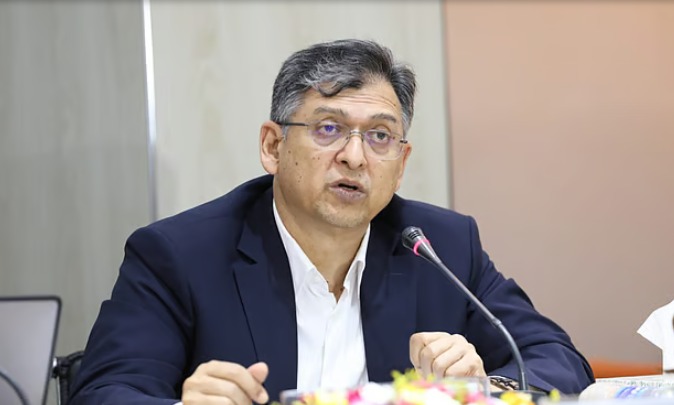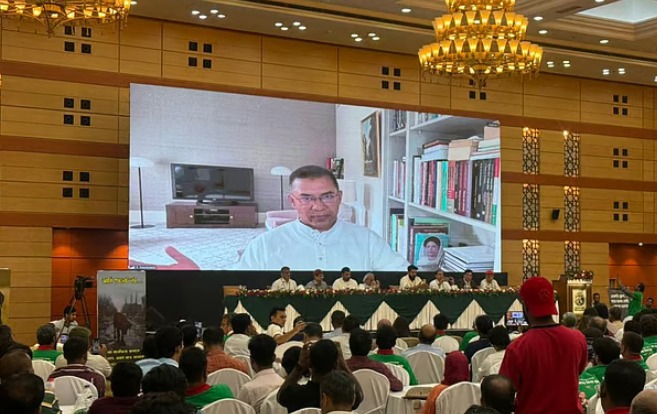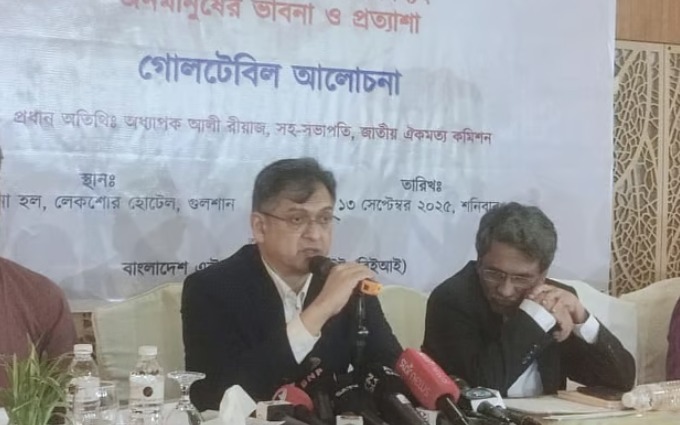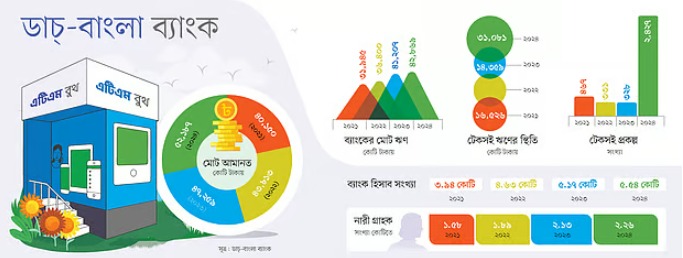Desk Report,
Salahuddin reveals BNP’s ‘concerns’ over implementation of July Charter
BNP’s ‘concern’ or concern regarding the ongoing debate in the political arena over the method of implementing the July Charter, party standing committee member Salahuddin Ahmed has clarified. He said that BNP does not want to set a precedent that can be followed by others to easily amend the constitution in the future.
Salahuddin reveals BNP’s ‘concerns’ over implementation of July Charter
Salahuddin Ahmed said this at a roundtable meeting at Prothom Alo’s office in Karwan Bazar in the capital this Saturday evening. Prothom Alo organized the meeting under the title ‘Path to political compromise for elections’.
Salahuddin said, ‘The issues on which there has been consensus on constitutional reform will be amended in parliament. Before that, if someone can discover a legal, lawful or constitutional method, we will agree with him for the stability of the country and national interest. But we don’t want to create a bad precedent that someone will try to apply again after two to five years, saying, “The constitution was changed that way, now change it again with that precedent.” Regarding the method of implementing the July Charter, Salahuddin Ahmed said, “The opinion of the judiciary can be taken. But first, we will accept that if everyone agrees. So that there is a moral obligation to accept it. If there is any other political motive in this situation, we can discuss it behind the scenes. If necessary, we will discuss it behind the scenes in the interest of the nation.”
However, he also said that this is a document of political compromise. What does the judiciary have to say about it? The judiciary cannot give instructions to the legislature, it can only give advice.
Salahuddin, who led the BNP delegation in the discussions of political parties with the National Consensus Commission, said, “We are always willing to sign the July Charter. We had observations about the issues that were included in the charter. But why were some new issues included again? If new fronts are opened repeatedly, how many times will we make corrections?’
He said, ‘There is no difficulty in implementing the points that we agreed on, except for the constitutional issues. We can come to a commitment. So that no one can move away from that commitment. Whoever goes to parliament in the future, they should be forced to implement it. The only way open before us is that we sign the July Charter as a national commitment. No one can do politics beyond that.’
Questioning whether it would be right to make the elections conditional, the BNP leader said, ‘There are many such statements coming out that if reforms and justice are not implemented, elections cannot be held. Elections and reforms or justice are not mutually interdependent. It will take a long time for the justice to be completed, it will continue. If we set a timeline for the trial, it would be injustice. We agree that justice must be ensured. We are the ones who have faced the most injustice. If we are given the mandate, this is our first priority.’
Noting that the national elections will be held in the first half of February, a week before the start of Ramadan, Salahuddin said that this election is the fruit of 16 years of continuous democratic movement. The desire for voting rights is number one among the desires of the mass uprising. If any political party forgets the national interest for its agenda and interests, it will be suicidal.
Criticism of PR system
BNP leader Salahuddin Ahmed criticized the demand for elections under the proportional representation (PR) system raised by various parties. He said that if an attempt is made to establish a weak government system through PR, stability will never come to the country. If any reform is sought to weaken the executive branch, the people’s agenda will never be implemented in the country.
The BNP leader also commented that it would not be possible to implement any of the promises of the party that forms the government in the event of PR. He said, “If we deliberately want to fall into that trap, then a situation like Nepal will happen again in this country. Because no one there has been able to be a prime minister for more than two years, six months, or one year, and has not been able to implement the agenda.”
Calling on those who are talking about the PR system and the Constituent Assembly elections and the Second Republic to include these issues in their election manifestos, Salahuddin said, “If the people accept their agenda and if they go to parliament, let them do it.”
At the end of his speech, Salahuddin urged the parties not to destroy unity. He said, “The division among the democratic forces of the mass uprising can lead us to a terrible end again. Because none of us want the rise or return of fascism.”
The roundtable meeting began with the opening speech of Prothom Alo Editor Matiur Rahman. The discussion was moderated by Sajjad Sharif, Executive Editor of Prothom Alo.
National Consensus Commission Vice-Chairman and Member Badiul Alam Majumder, former Caretaker Government Advisor Hossain Zillur Rahman, Honorary Fellow of the Center for Policy Dialogue (CPD) Debapriya Bhattacharya, Editor of The Daily Star Mahfuz Anam, Business Leader AK Azad, Chairman of the Osmani Center for Peace and Security Lieutenant General (Retd.) Md. Mahfuzur Rahman, Professor of Dhaka University Samina Lutfa, Member of the Central Executive Council of Jamaat-e-Islami Matiur Rahman Akand, Chief Coordinator of the Mass Solidarity Movement Jonayed Saki, and Member Secretary of the National Citizens Party (NCP) Akhtar Hossain participated in the discussion.




